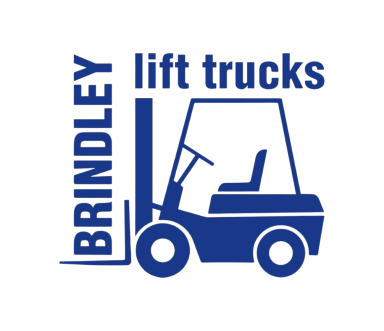THOROUGH
EXAMINATIONS
Thorough Examinations, explained
WHAT IS A THOROUGH EXAMINATION?

What is a Thorough Examination?
Simply put, a Thorough Examination for forklift trucks is roughly equivalent to the MOT for cars – a legally required examination to ensure that the machine is in safe working order.
Specifically, a Thorough Examination is a statutory requirement for lifting equipment (including forklift trucks) under
The Lifting Operations and Lifting Equipment Regulations 1998 (LOLER), Regulation 9. It’s a systematic and detailed examination so that deterioration can be detected in sufficient time to allow remedial action to be taken. Carried out
at specified intervals, or following certain events, conducted by a competent person, who must then complete a written report.
A report of Thorough Examination identifies the state of the equipment at the time of the examination. If applicable, it identifies defects found and where appropriate, specific timescales that defects must be rectified within.
There is a legal requirement for a Thorough Examination to be carried out at least once a year and often more frequently, depending on conditions of use. See question 12 for more details.
What is a LOLER inspection?
The term LOLER inspection is sometimes incorrectly used to describe a Thorough Examination. It is used because LOLER is the shortened version of “Lifting Operations and Lifting Equipment Regulations”, which is the legislation that mandates the Thorough Examination of forklift trucks.
What is a safety inspection?
A safety inspection is used to describe a combined Thorough Examination under LOLER and other inspection requirements under The Provision and Use of Work Equipment Regulations 1998 (PUWER), Regulation 6.
It should be remembered that Thorough Examinations run alongside necessary inspection, maintenance and pre-use checks – not in place of them.
Is a Thorough Examination a legal requirement, like the MOT for cars?
Yes. Thorough Examination is a legal requirement under The Lifting Operations and Lifting Equipment Regulations 1998 (LOLER).
What does a Thorough Examination involve, what is examined?
The extent of the Thorough Examination required will depend on the potential risk from the lifting equipment. Including all matters which affect the safety of the lifting equipment, plus likely deterioration with time.
The intensity of examination - and the time taken – is much greater than in a MOT.
Who can carry out a Thorough Examination?
Thorough Examinations must be conducted by a Competent Person such as:
- An experienced forklift truck service engineer, preferably with at least 5 years experience
- An insurance company lifting equipment examiner. Insurance companies often refer to their examiners as ‘engineer surveyors’
- An examiner from a specialist inspection company.
Who is responsible for making sure that a forklift truck has a current report of Thorough Examination?
The employer of the forklift truck operator has the responsibility to ensure that the machine has a current report of Thorough Examination. Under Health and Safety legislation the employer has a duty of care and must ensure that the forklift trucks their operators use are safe and suitable. Where the employer is the owner of the forklift truck this duty is clear; the employer must arrange a regular Thorough Examination schedule, appropriate to the forklift truck and its use. Thorough Examination is to be carried out at least once a year and often more frequently, depending on the conditions of use.
During short-term hire (i.e. less than 12 months) the provider of a hired forklift truck has a legal duty to provide appropriate physical evidence that a Thorough Examination has been carried out. The employer of the operator also has a duty to ensure equipment is safe for use and are Thoroughly Examined at the appropriate intervals.


We need your consent to load the translations
We use a third-party service to translate the website content that may collect data about your activity. Please review the details in the privacy policy and accept the service to view the translations.

